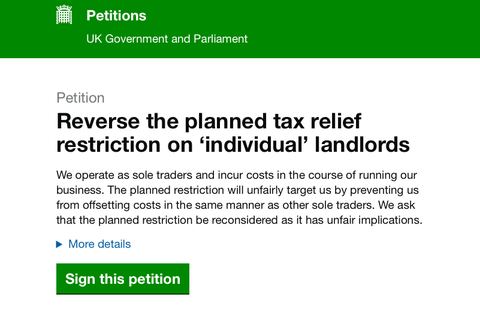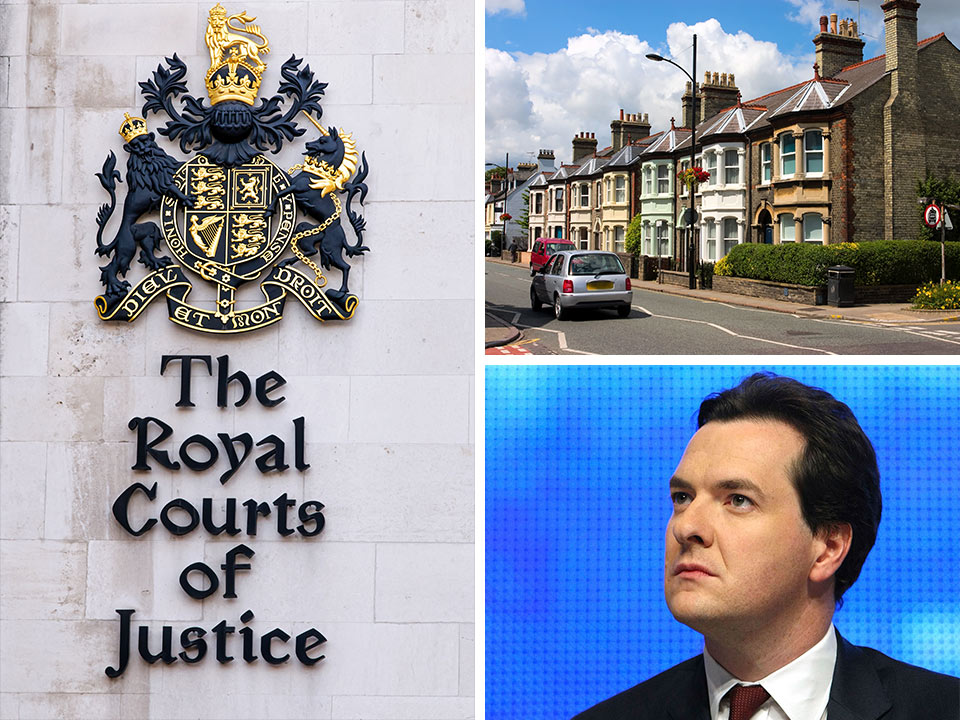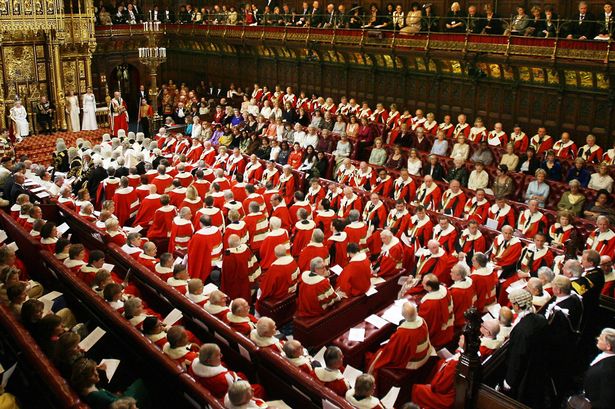Omnia Strategy, the legal firm founded and chaired by former Prime Minister Tony Blair’s wife, Cherie Blair, has written a formal complaint to HMRC proposing a judicial review of Chancellor George Osborne’s restrictions of deductions of finance costs related to residential property.
The new tax changes, set to be implemented in the autumn of 2017 would limit the ability of landlords operating as sole traders to offset mortgage interest payments from their tax liabilities.
The decision to seek a legal challenge to the Chancellor’s tax changes comes as a formal petition set up by the Residential Landlord’s Association failed to reach the required number of 100,000 signatures to be considered for debate in Parliament.
The legal challenge to the Chancellor’s proposed tax measures was brought by Steve Bolton and Chris Cooper who raised £50,000 in crowd-funding from landlords’ associations to initiate a legal challenge to George Osborne’s tax changes.
Mr Bolton owns around 20 residential and commercial properties is also the founder and owner of Platinum Property Partners, a buy-to-let specialist with a portfolio worth a total of £200million. Mr Cooper is a part-time landlord who is using buy-to-let as part of his pension.
The letter to HMRC lists Miss Blair as one of two legal advisers for the claimants and bases the challenge on several purported breaches of the European Convention on Human Rights. The letter claims that the Chancellor’s measures infringe on one’s right to hold one’s property in a way without unfair taxation and may also go against European Union competition laws by favoring large institutions over small individual investors.
In it’s official response to the petition, the Government has claimed that the tax changes remove tax advantages enjoyed by property investors which are not available to those investing in other asset classes.







